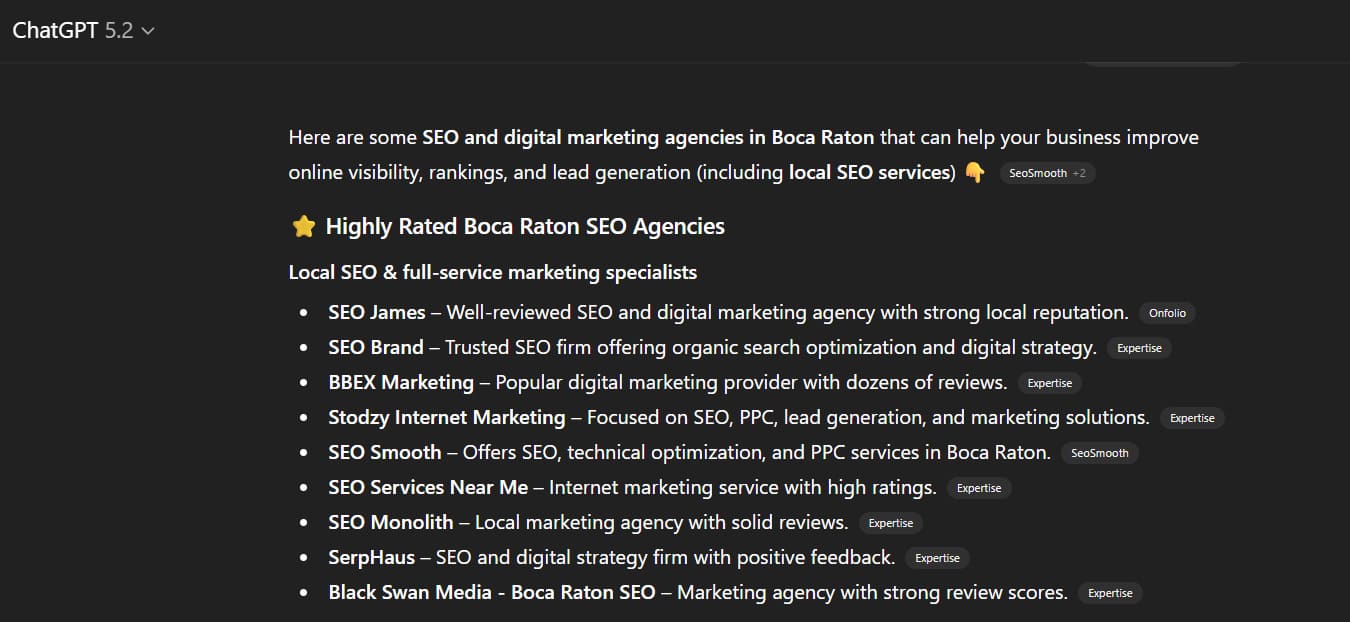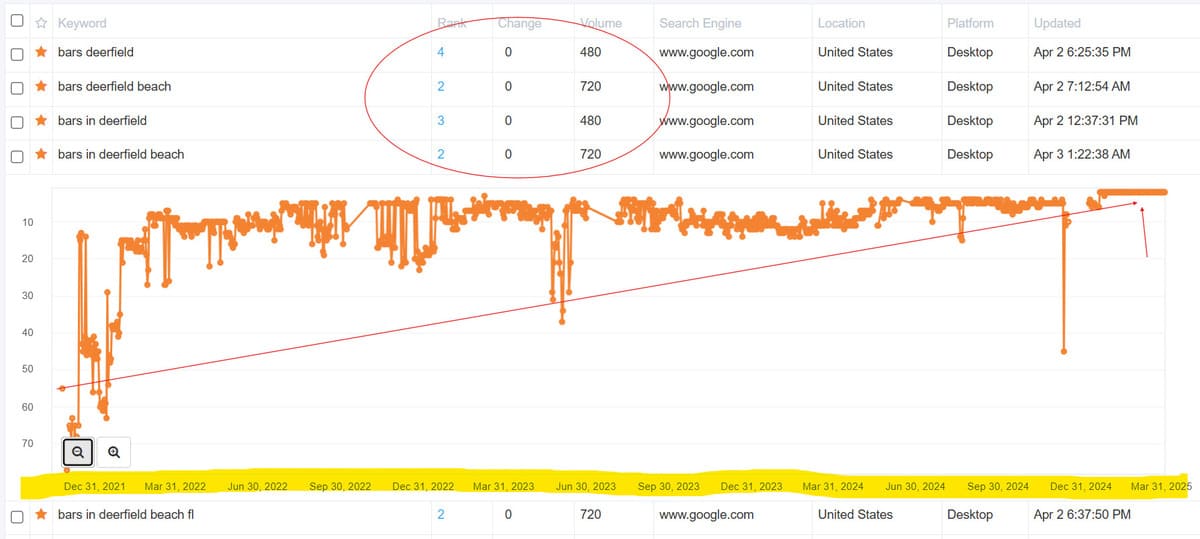Hopefully, you’ve managed to stay up to date with your SEO.
But the truth is that we all make mistakes, especially if we’re not professionals.
A regular website audit for SEO can make sure that you’re on top of best practices and aren’t missing anything obvious.
When it comes to SEO every little bit counts, so let’s break down the reasons why you need to make sure that you ring in the new year with an SEO audit.
Uncovering Technical Issues
SEO is comprised of three main parts. On-page, off-page, and technical.
The latter is where many amateurs will end up with serious problems.
Website loading speed is a known SEO factor. A good server can only do so much if you weren’t careful about resizing images appropriately, which plugins you choose to use on your page, or jamming the page full of useless baubles that make loading take longer.
Another big factor is missing links. 404 errors may not directly affect your page’s search engine ranking but they can increase your bounce rate by a large margin.
A third-party audit can also uncover some issues that you may not have been aware of, like URL structuring for the various pieces of your content marketing.
All-in-all even experienced webmasters sometimes overlook things on their own projects and an audit is a great way to ensure that you’re solving any technical problems on your end before they hurt your ranking too much.
Finding On-Page Optimization Errors
Hopefully, you’re already following best practices for on-page SEO. If not, then you’re in for a world of fun when an audit is done.
But the truth is that on-page optimization changes all the time. What was good practice last year might be actively hurting you now and an audit will let you know which factors you need to change.
When done by someone who’s active in the SEO field you’ll also be able to uncover the little things that can hurt you.
How are your headlines and subheadings?
Are your image’s names optimized and are they supplied with the right captions?
Does the content fit well with both the targeted keyword and with semantic search options that may come up?
A website audit will help to uncover any of these issues. Once fixed, you’ll be able to enjoy the benefits.
But you have to know the problem is there in order to make changes.
The most common areas that are weak aren’t in on-page keywords, but instead in a lack of a strategy around images and weak meta descriptions. The latter may look great, but if they aren’t crafted with SEO in mind then they’re not helping your site at all.
Backlink Profiles
Not all backlinks are created equally.
Some can even hurt. If you’ve engaged in link buying in the past or weren’t careful about where you got your backlinks from you’ll need to disavow anything which is hurting your rankings.
You’ll also want to know how many backlinks you have, which isn’t something that everyone is aware of.
After that… well, you’ll need to figure out how your backlink profile compares to the competition. And it’s not just a numbers game either. If your backlink profile is weak but numerous you can still lose out to someone with stronger links coming into their pages.
Most often, however, it’s just a lacking backlink profile which may be holding your page back.
Identifying Competition
In order to really conduct an audit, you can’t just get stand-alone data from your page. You’ll also need to know who your competition is and where they stand in comparison to you.
Even if you’re on top it’s always a good thing to know if the gap is being closed on you.
You can’t build the largest site in the world if you don’t know who’s in second place.
Forming a Strategy to Move Forward
An audit can also uncover weak points in your site. Did you miss a relevant group of keywords? Is your content thin despite performing well?
Content marketing and SEO are all about constant adaptation to everything that’s happening around you. You should constantly be working on moving forward with your plan.
The plan may also need to adapt.
A yearly audit can help you out greatly in this respect. It’s all about shoring up weak points, adapting to changes in search engine algorithms, and putting your best foot forward in every aspect of your page.
While it’s certainly possible to do your own audits, many people will opt for a third party opinion. We’ve all got our babies and it’s only natural to overlook the flaws that crop up from time to time.
Unfortunately, that doesn’t help you move forward. An audit can be just the thing to get the ball rolling.
Examining Performance Metrics
While a website audit isn’t necessarily going to dive deep into your data it can definitely help you find out which of your metrics need to be shored up.
For an SEO-based site, for instance, organic traffic is the bread-and-butter of pulling in viewers.
On the other hand, your social media game may be weak when it comes to conversion. That may mean you need to change the target audience of your ads.
All of these numbers can be a bit confusing to a newbie but for an experienced webmaster, it’s the foundation upon which a new strategy can be formed.
Need a Website Audit?
We’d bet you’re convinced that you need a website audit. It’s really one of the best ways to get the insight needed to make your business succeed.
Now the question is just where to find one.
If you’re looking, then you’re in the right place. Contact us and let’s see what we can do for your website.





